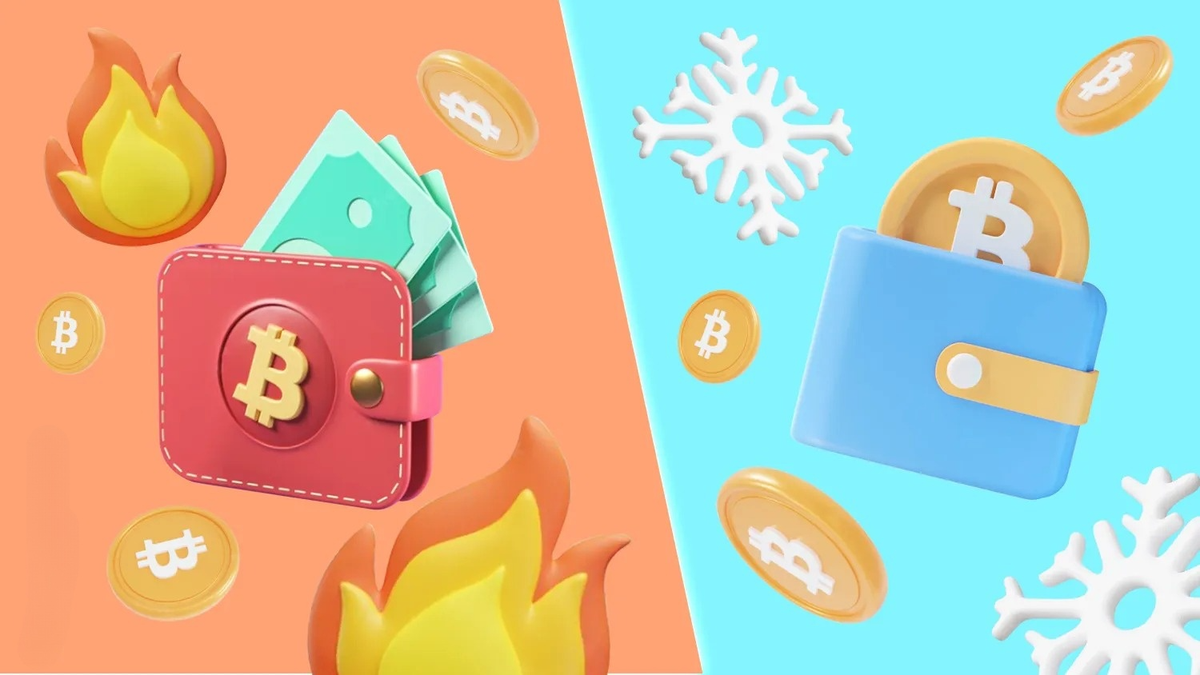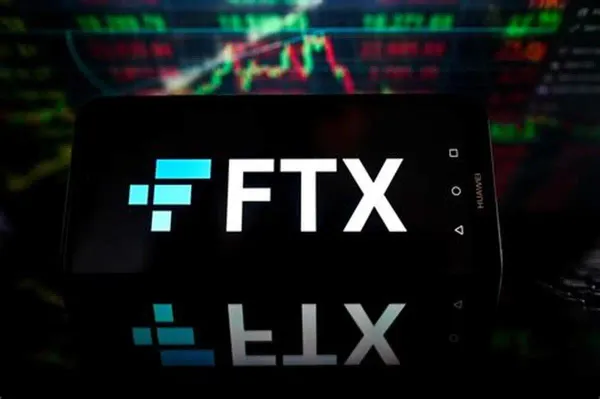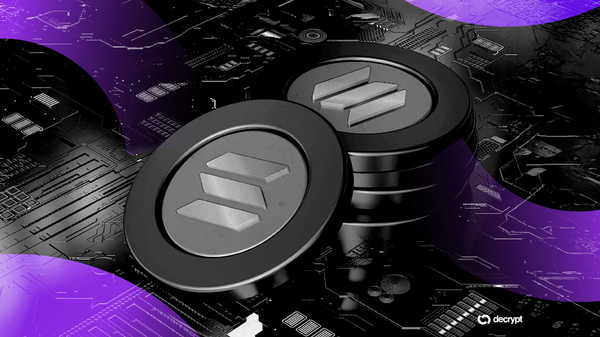Guide to Using Hot and Cold Wallets for Crypto Storage for Beginners

What is a crypto wallet?
A crypto wallet is software designed to store a user's public keys and private keys, providing an easy-to-use interface to manage cryptocurrency balances.
Most crypto wallets today allow users to:
Store and manage digital assets like coins/tokens
Send or receive coins/tokens from other wallets
Interact with decentralized applications (dapps)
Crypto wallets store public keys (addresses) and private keys to identify each unique wallet.
Differentiating Public Key and Private Key

Public Key (also known as wallet address):
Allows receiving coins, used to identify the account. It can be searched on the blockchain ledger.
Does not need to be kept secret
Cannot derive Private Key from Public Key
Assets remain safe if Public Key is exposed
Private Key:
Allows connection and use of coins. Used to prove ownership.
Must be kept strictly confidential
Private Key can derive Public Key
Assets can be permanently lost if Private Key is exposed. In such cases, the wallet should not be used further.
What are Hot and Cold Wallets?
Crypto wallets are divided into two types: Hot wallets and Cold wallets. So how do they differ and which one should you use?
The main difference between hot and cold wallets lies in whether they are connected to the internet.

Hot Wallets
Hot wallets are connected to the internet
Accounts created on any exchange or downloading wallets on mobile or computer are considered hot wallets
Funds stored in hot wallets are more accessible and easier for hackers to access
Completely free, easy to set up and use
Convenient for newcomers or traders looking to execute transactions quickly
Most popular types of hot wallets today:
MetaMask
Trust Wallet
Coin98 Wallet
If you're unsure how to create a hot wallet, this article will provide a detailed guide.
Cold Wallets
A cold wallet is a type of wallet designed on a dedicated device, resembling a USB stick. Access and transactions can only be made when in possession of the device. The primary function of a cold wallet is to encrypt and secure private keys for all supported currencies.
Cold wallets have the following characteristics:
Cold wallets are kept offline
Hardware wallets resemble a USB stick, connecting to the internet only when conducting new transactions
Even hackers or viruses cannot attack
Cold wallets are relatively expensive and have complex usage
Suitable for storing large amounts of crypto over an extended period
Several types of hardware wallets are available on the market, priced between approximately 1.6 to 4 million VND. Ledger Nano X, Trazor Model T, CoolWallet Pro, KeepKey are among the best-rated cold wallets in 2022.
Can a lost cold wallet be restored?

The answer is 'Yes.'
The 24 recovery words given during initial setup of the wallet are crucial. These 24 words allow easy restoration of a cold wallet if it malfunctions, is lost, or needs to be backed up to another cold wallet.
Custodial and Non-custodial Wallets
In addition to hot and cold wallets, crypto wallets are also categorized as custodial and non-custodial.
Custodial Wallets
Private keys are held by a third party: centralized exchanges, brokerage services, asset buying/selling platforms, etc.
Low security, information can be hacked unless the third party has strong security measures
User-friendly
Requires login and KYC, AML processes from the third party
Third-party assistance may be sought to regain access to the wallet in case of forgotten passwords
Suitable for new users or traders wanting to execute quick transactions
Non-custodial Wallets
Private keys are held by the user
High security, users control all information
Less user-friendly
No need for KYC, AML processes from a third party
If the private key is lost, no one can recover the wallet
Suitable for investors wanting to tightly manage their assets
Conclusion
There is no such thing as a 'completely safe' wallet, so the more you enhance your knowledge of wallet usage and security, the better you protect your assets!
We hope the information in this article has helped you understand what hot wallets are and provided guidance on whether to use hot or cold wallets for storing cryptocurrencies.



